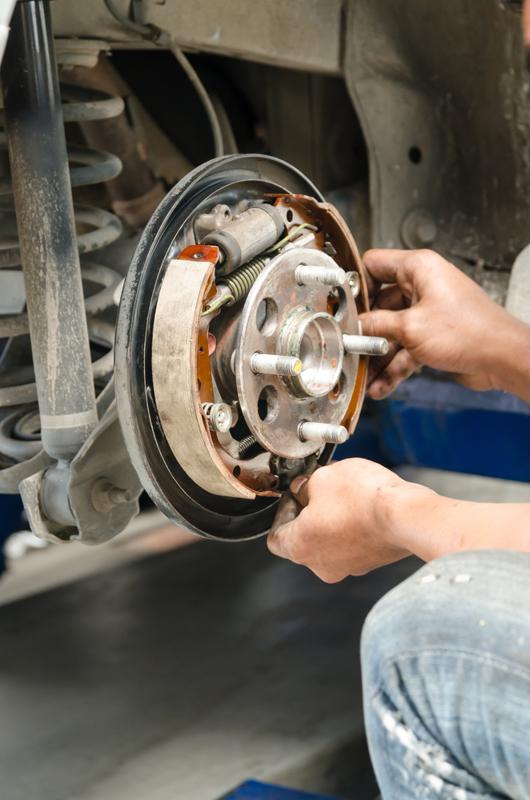Brake Safety Week took place during the week of September 16th this year, and the emphasis on safety inspections resulted in many commercial motor vehicles (CMVs) being taken off the road.
Inspectors took a look at over 35,000 CMVs throughout the U.S. and Canada, and about 14 percent of inspected vehicles reportedly had brake violations according to Transport Topics. Almost 5,000 vehicles were removed from service until the reported violations could be addressed and resolved.
Here's a look into what Brake Safety Week aims to do each year and what brake violations consist of.
Goals of Brake Safety Week
The primary goal of Brake Safety Week is to raise awareness to braking issues and reduce the number of preventable crashes that involve brakes. Properly functioning braking systems are crucial to safe roadways. According to the Commercial Vehicle Safety Alliance (CVSA), these goals are met by prevention tactics, education and action, summarized as follows:
- Prevention: Drivers and motor carriers are given plenty of time to ensure their vehicles meet standards before the awareness week begins. Inspectors participating in Brake Safety Week want all vehicles to pass the inspections.
- Education: Law enforcement officials are able to educate the public about safety and inspection procedures during Brake Safety Week. Only through widespread education can overall safety awareness increase and proper preventative measures be put into place.
- Action: CMVs with brake system problems are removed from the road to prevent problems and crashes.

Brake violations of CMVs
The CVSA said that the 5,000 vehicles taken off the road had critical vehicle inspection items in their brake systems. The inspections also checked to see how well anti-lock braking systems (ABS) were functioning.
For brake systems to pass inspection, they must perform to the manufacturer's specifications. This requires routine maintenance and care for any vehicle. Brakes that are improperly installed or those that have not been adequately maintained pose serious risks on the roadways, considering how crucial brakes are to the vehicle's ability to avoid collisions and function properly.
For CMV drivers, it's never worth the risk to drive with an improperly functioning braking system. Roadway safety depends on drivers and motor carriers regularly maintaining brakes and undergoing inspections.
To ensure brakes and related components are manufactured up to exacting standards, request a complimentary brake testing consultation from Greening.
